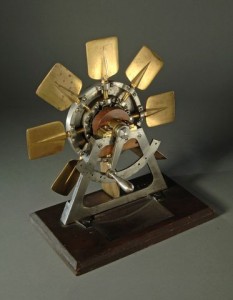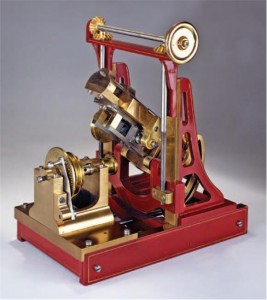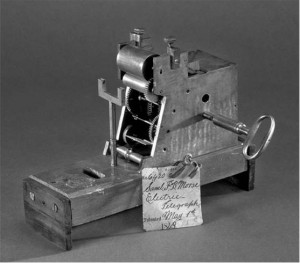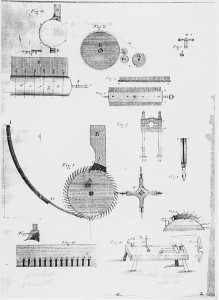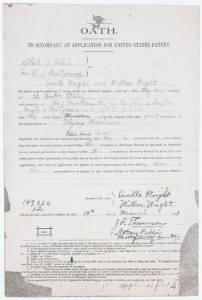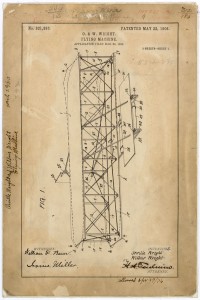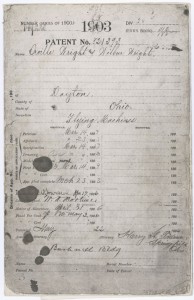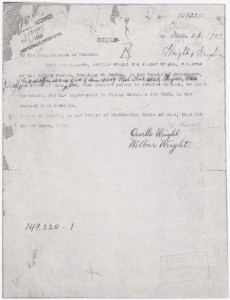If you felt a shot of adrenalin coursing through your veins this morning, it just might have been your sympathetic nervous system celebrating the third anniversary of Judge Cacheris preliminarily enjoining the PTO continuation rules. Yes, it has already been three years — but, it still brings a smile to my face just thinking about it. If your experience was anything like mine, you might remember intermittent shouts of celebration in your office as people learned through email that the rules had been enjoined.
Kudos to Triantafyllos Tafas, Kelley Drye & Warren LLP, GlaxoSmithKline, Sherry Knowles, and Kirkland and Ellis LLP for challenging those ill-conceived rules.
